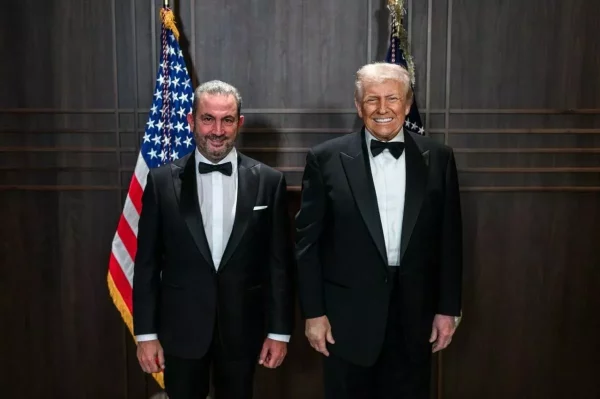The Greek government has prepared a letter that will be sent to Nato Secretary General Jens Stoltenberg, regarding Skopje’s accession, after the FYROM parliament ratifies, by 24 June at latest, the naming agreement signed by Skopje and Athens.
The letter reportedly is quite detailed, and sets all the necessary conditions that must be met for Skopje to receive an invitation to join at the Alliance’s 11-12 July summit. Only after Skopje amends its Constitution to include the new name – Republic of North Macedonia – and to remove irredentist passages, can it be admitted to Nato.
The government of Zoran Zaev is rushing to ratify the accord in FYROM’s parliament before the EU foreign ministers’ meeting, on 25 June in Brussels.
The ministers will discuss the European Commisssion’s recommendation that FYROM be given a date for the start of EU accession talks. Greece will have already informed the President of the European Council that it has no objections.
Following approval by the cabinet, Zaev submitted the agreement to parliament, to be approved in a fast-track debate used with bills regarding European affairs. It is expected to be approved by the Committee on European Affairs and the Committee on Foreign Affairs.
Skopje must immediately inform Athens of the accord’s ratification, and the Greek government will then send the letter to Stoltenberg.
Then Skopje will request that it begin accession talks under its current name of Former Yugoslav Republic of Macedonia. The negotiations are theoretically open-ended.
Once Skopje conducts its referendum, if it chooses to do so in the end, and in any case after the Constitutional revision is completed, then Greece will ratify the agreement in parliament.
At that point, Skopje will inform Nato that it seeks admission under the name Republic of North Macedonia. Nato will then draft an Accession Protocol, which must be ratified by every member state, as unanimity is required in all Alliance decisions.
Roadmap
On the EU side, observers consider it very difficult for Skopje to receive a date for the start of accession talks, mainly because of France’s objections to a further enlargement of the Union in the Balkans.
The details of what kind of “offer” will be made to candidate countries FYROM and Albania will be discussed by German Chancellor Angela Merkel and French President Emmanuel Macron, ahead of the forthcoming European Council.
Angelos Athanasopoulos



